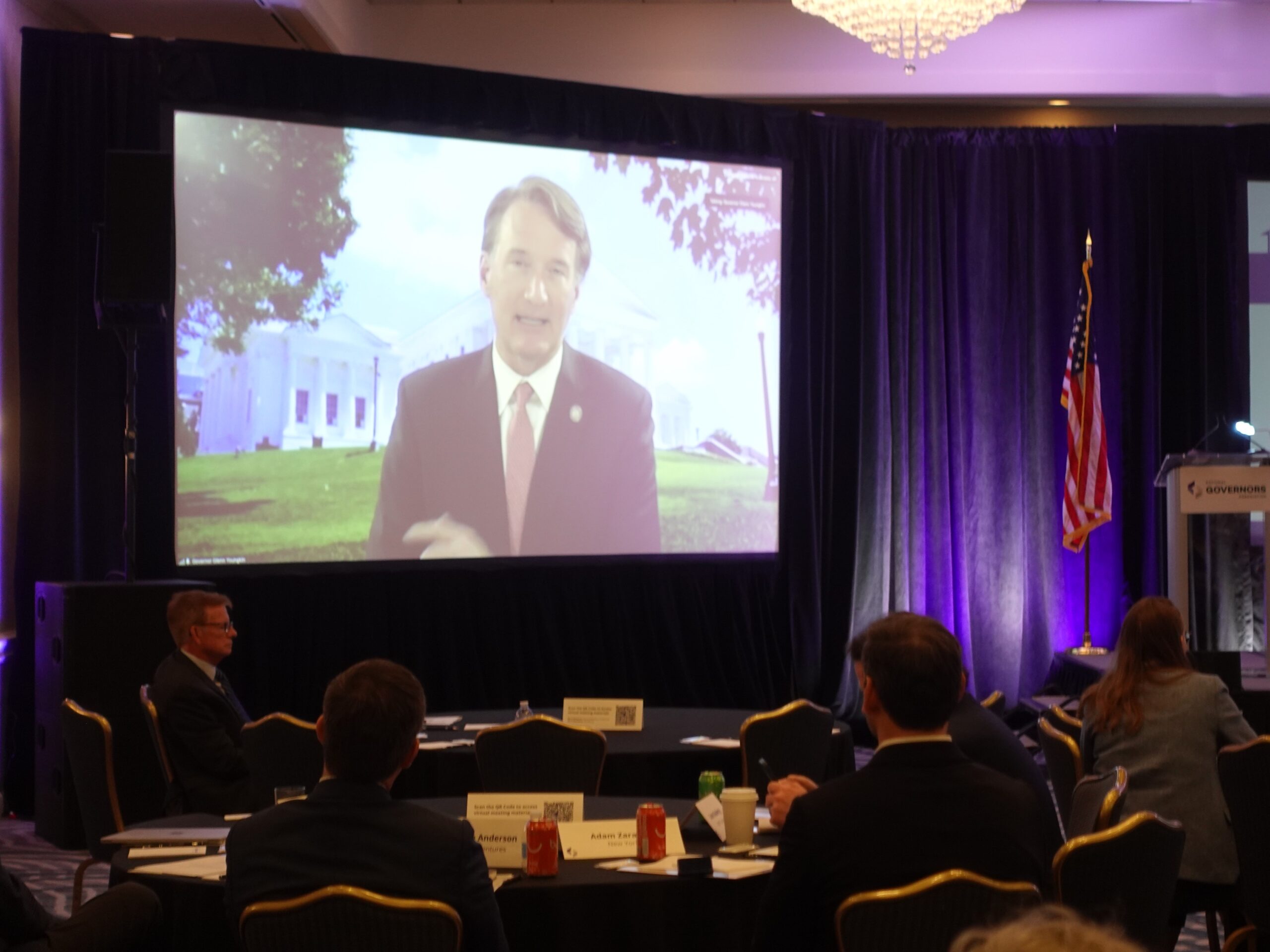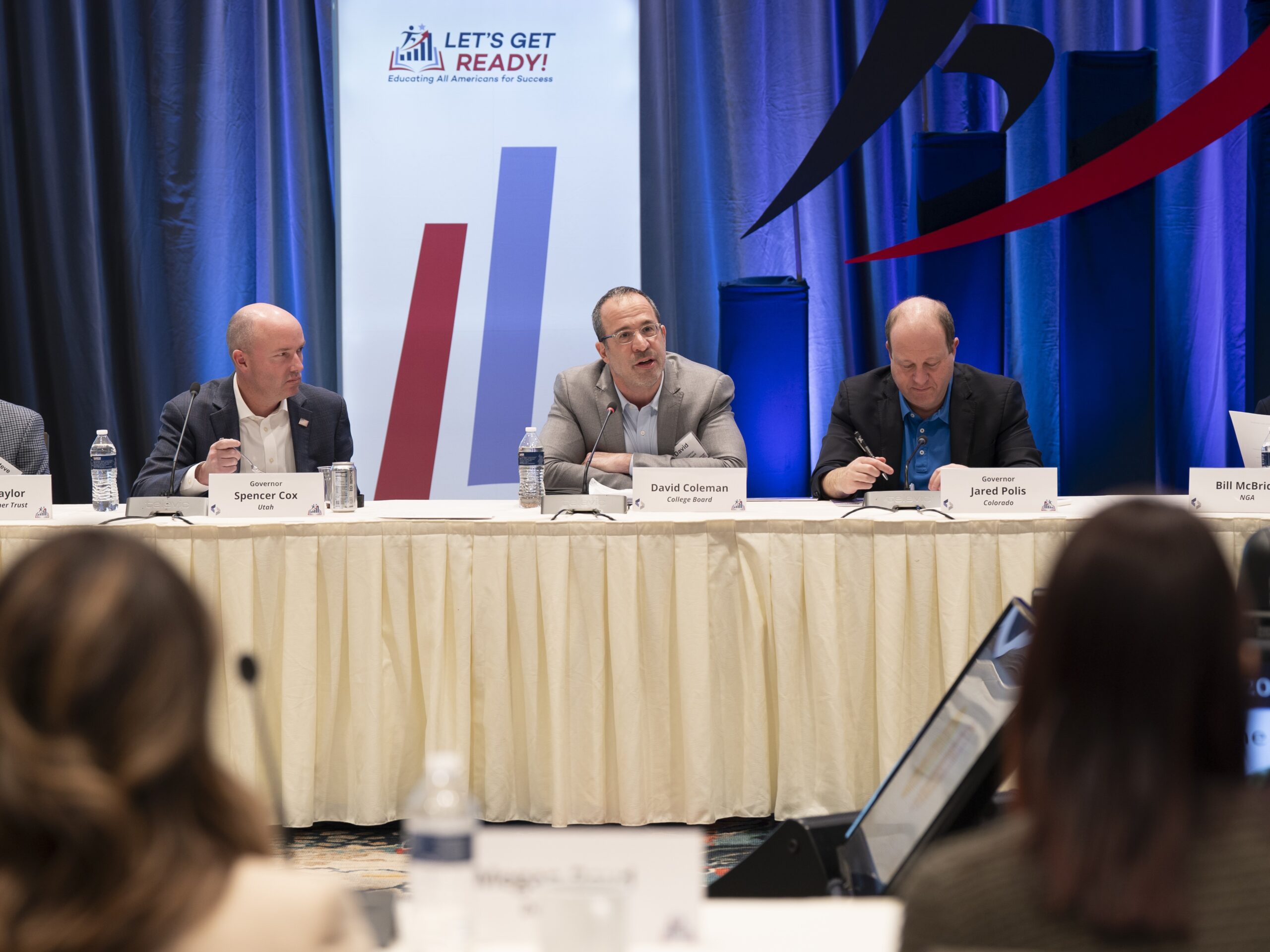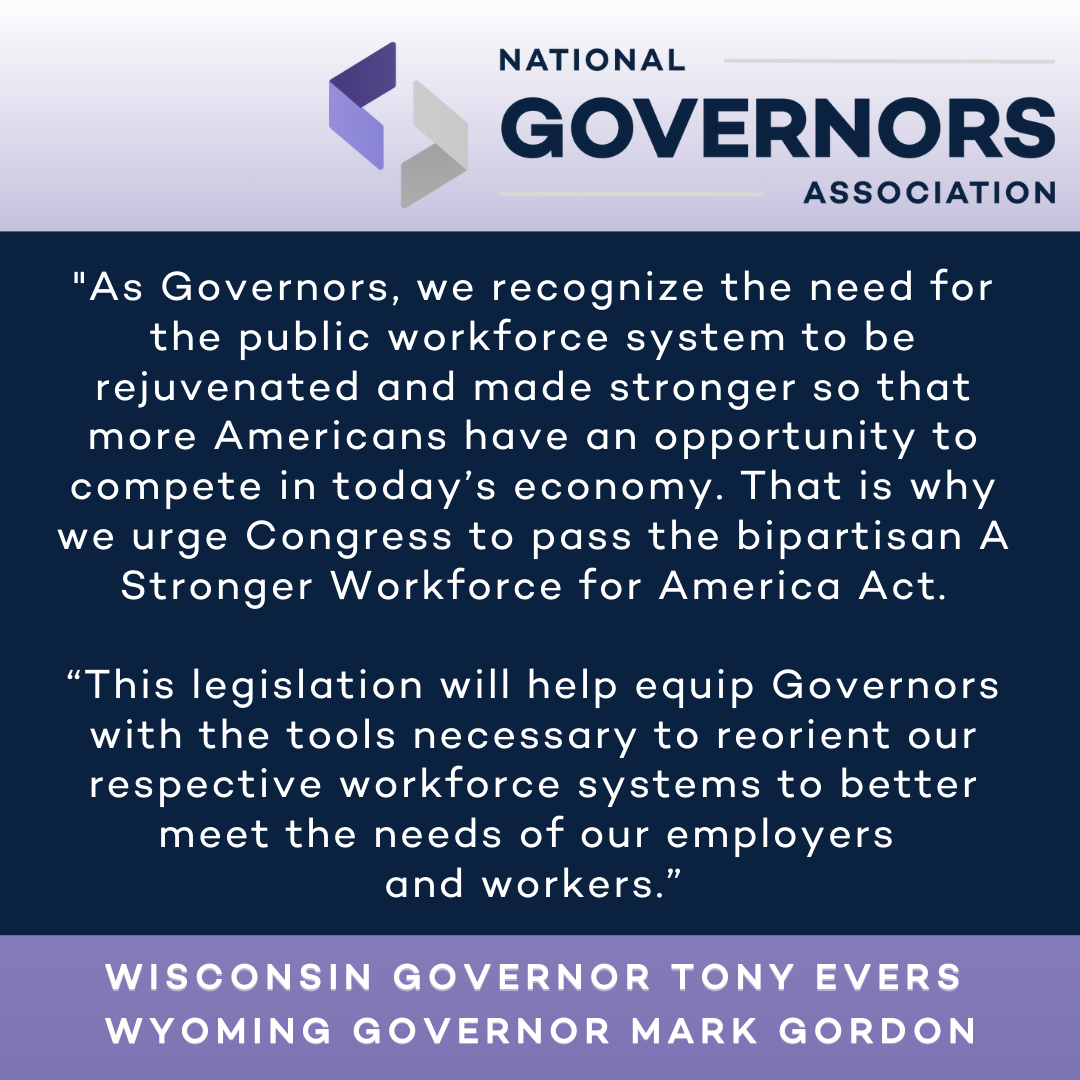The Honorable Arne Duncan
Secretary of Education
U.S. Department of Education
400 Maryland Avenue, SW
Washington, DC 20202
Dear Secretary Duncan:
On behalf of the nation’s governors, we request that the U.S. Department of Education redesign the process for states to receive a waiver from the College Access Challenge Grant (CACG) maintenance of effort (MOE) requirements to align with the original intent of the Higher Education Act (HEA).
While state revenues are recovering, states have not yet recovered from the economic downturn. Last year, more than 30 states applied for MOE waivers under CACG and only three were approved. Five additional states did not receive CACG funds in 2013 because they did not meet federally prescribed MOE benchmarks. Half of funding designated for CACG, more than $70 million, was returned to the Treasury. According to data from the American Association of State Colleges and Universities, 28 of the states who were denied waivers or did not receive CACG funding last year increased state higher education spending in FY 2013 and 21 of those states increased funding for higher education in FY 2012. As we enter the final authorized year of CACG, it is crucial that the department make significant improvements to the waiver process to maximize the benefits of the grant for low income college students.
More specifically, the National Governors Association (NGA) recommends that the department align the MOE waiver requirements with the statute by eliminating the “proportionality” test. The MOE provision calls for the department to evaluate a states’ waiver request based on whether the state experienced “exceptional or uncontrollable circumstances, such as a natural disaster or a precipitous and unforeseen decline in the financial resources of a State or State educational agency.” Unfortunately, the department adopted a second “proportionality” test that requires states to demonstrate that reductions in higher education funding are equal to or less than reductions in all overall state appropriations. Proportionality is a poor test with which to measure support for higher education because it erroneously assumes that state budgeting decisions are made in a vacuum where all categories of state spending are of equal importance and subject to the same financial requirements. In reality, governors have to balance budgets by weighing needs and priorities across state government, decisions that can change from year to year. The department should increase the ability of states to obtain a waiver by eliminating the proportionality test.
The department also should improve the waiver process timeline to make it more workable for states. In 2013, states were not informed of the status of their waiver request until October, after the end of the fiscal year. In previous years, some states did not receive word on the final disposition of their application until the following year. These delays create uncertainty in the CACG program making it difficult for states to partner with private organizations, retain appropriate staff and, ultimately, leave the students the program is intended to serve in limbo. NGA recommends that the department provide states with a decision on their waiver application within 45 calendar days of receipt.
Governors want to see programs such as CACG work and provide students with affordable access to college. Those hurt most by the dysfunctional waiver process are not states, but the students that CACG intends to help. Withholding funds based on a flawed federal administrative formula is no reason to deny students across the country a chance to go to college. This year, we ask that you work with us to fix CACG and ensure maximum benefits to students in need.
Sincerely,
Governor Steven L. Beshear
Chair
Education and Workforce Committee
Governor Brian Sandoval
Vice Chair
Education and Workforce Committee













